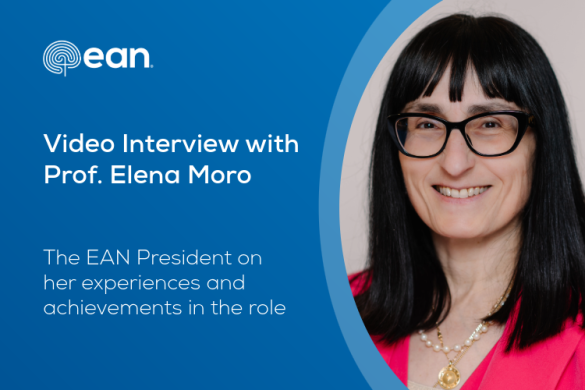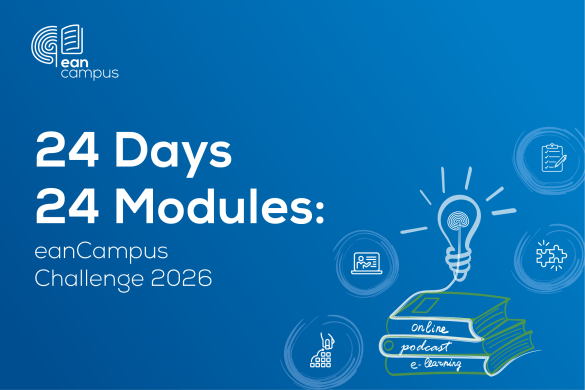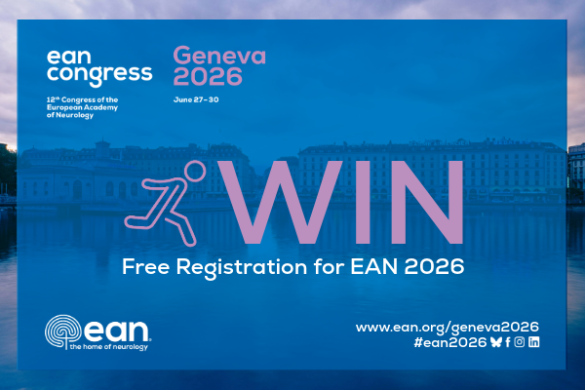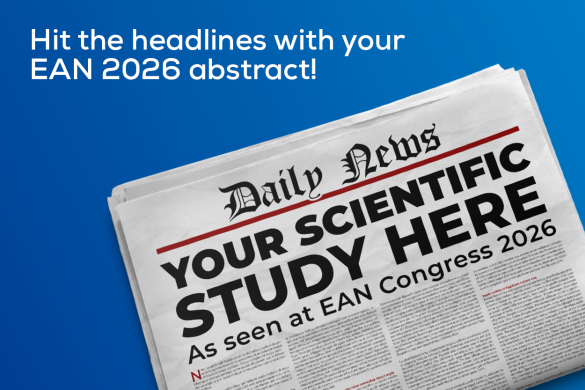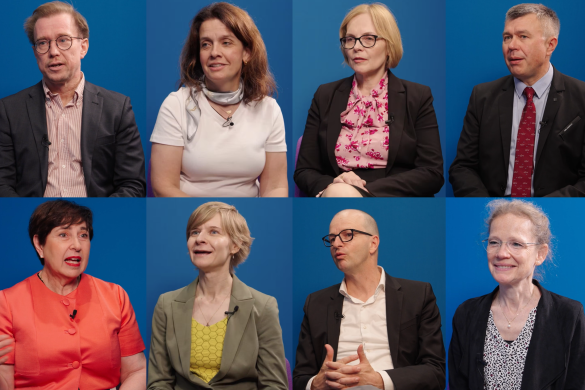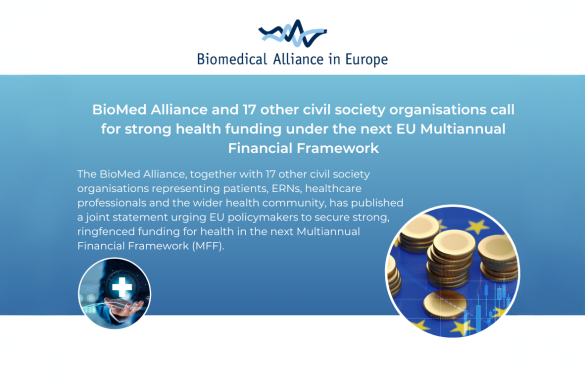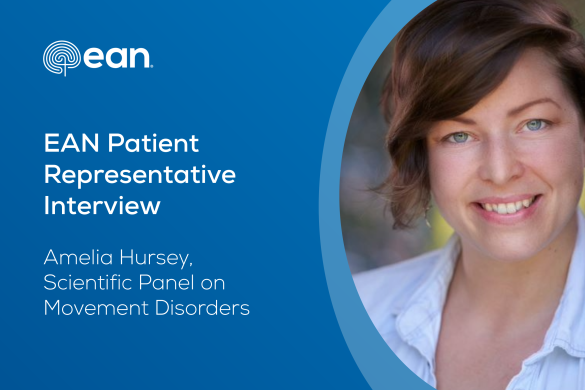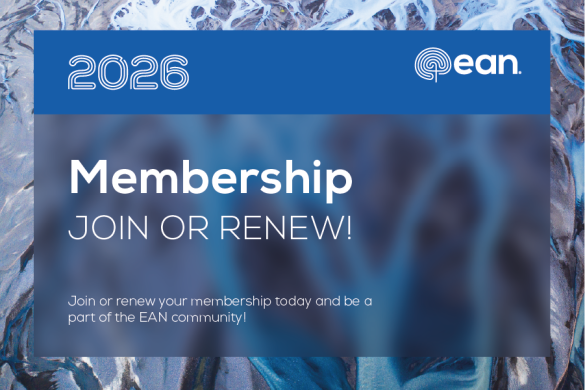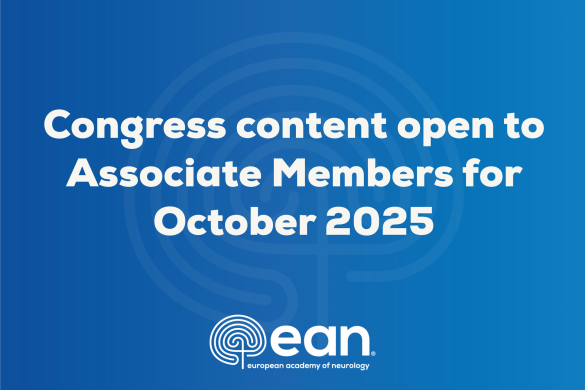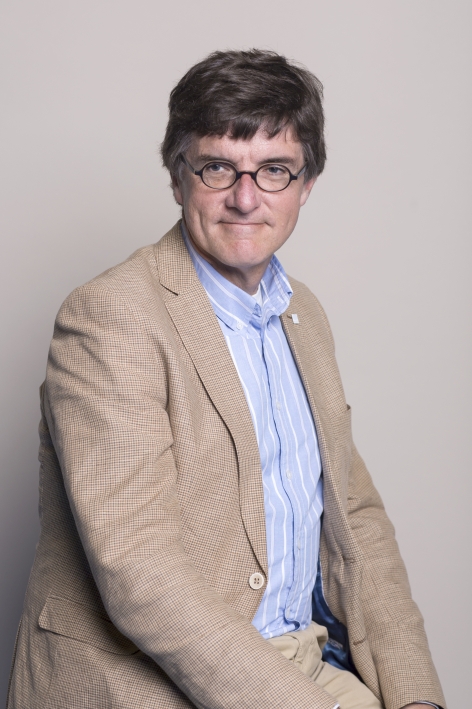 Franz Fazekas (FF): Dear Prof. Uitdehaag, the 3rd Congress of the EAN will bring 6000 neurologists to Amsterdam. How do you and the Dutch neurological community feel about hosting Europe’s major neurological scientific event of the year?
Franz Fazekas (FF): Dear Prof. Uitdehaag, the 3rd Congress of the EAN will bring 6000 neurologists to Amsterdam. How do you and the Dutch neurological community feel about hosting Europe’s major neurological scientific event of the year?
Bernard Uitdehaag (BU): We are excited that the EAN congress will be held in Amsterdam in June this year. As a president of the Netherlands Society of Neurology, I was involved in releasing a bid for the organization of an EAN congress a couple of years ago. It was really a great pleasure to hear about the decision in favor of Amsterdam. I feel great about it and I know that the neurological community in The Netherlands also very much likes the fact that Amsterdam will host the 3rd EAN Congress. We look forward to meeting our colleagues from all over Europe and from outside Europe at this great occasion. Actually, I also hope that our foreign colleagues also look forward to coming to Amsterdam. For the congress, their friends and colleagues, and our wonderful city!
FF: For the first time the EAN congress has an overarching theme and, for Amsterdam, your local organizing Committee suggested “Outcome measures in neurology”. Why is this an important topic for Dutch Neurologists and for the overall neurological community?
BU: We are proud that Amsterdam is hosting the first EAN congress with an overarching theme. That gives the opportunity to focus on that theme in parts of the program and show the connection of many aspects of neurology with the overarching theme.
Outcome measures are extremely important in neurology. To define what you want to measure and how you want to do that is not only important in natural history studies but also in intervention studies. Moreover, outcome measures are crucial in the care for our patients. Are we doing the right things in daily practice? By which strategy can we improve the situation and prognosis of our patients in a clinically important way? What is the added value of our activities for our patients and the community? All these questions (and many more) depend on the way outcome measures are defined. As a neurologist, you want to make a difference in someone’s life. You can only try to do that if you know what to aim for.
FF: The Netherlands have a long-standing scientific and medical history. How does this reflect on today’s European neuro-scientific culture?
BU: Looking back at the history of Neurology, there are many examples of Dutch neurologist and scientists who contributed to the neurosciences directly or indirectly. However, we must realize that science is no longer an activity of a single group or a single country. Today, science in general (and neuroscience is not different) has more and more become a matter of team play. Larger groups of investigators, often not only from different countries, but also frequently with different backgrounds are jointly tackling a scientific challenge. I am happy to see that in these consortia also Dutch neuroscientists are actively participating. In the end it is less important who were involved, but most important that progress is made to solve the many mysteries still present in the neurosciences for the benefit of mankind.
FF: The programme of the 3rd EAN Congress is exceptional and the Presidential Symposium will be one of its major highlights. Can you briefly illustrate the content of the Presidential Symposium to the readers of the EAN pages?
BU: Actually, I am not sure it is up to me to say something about the Presidential Symposium. It is of course the privilege of the president of EAN to put together an attractive symposium with several named lectures. I can however state that prof. Deuschl has succeeded in composing a very promising symposium with eloquent speakers on contemporary topics. I hope that there will be a large crowd on Sunday morning. They will not regret being there!
FF: The EAN congresses strive to provide an overview on the new developments in our field and all its sub-specialties. What will be especially attractive in Amsterdam?
BU: Neurology has expanded over the years and it is hardly possible to keep up with all parts of it. I think the most attractive element of the EAN Congress in Amsterdam is its diversity. Both in subspecialties as well as in the form these are presented. You may attend focused workshops, teaching courses, special sessions, oral sessions, symposia, etc. You may choose to attend a meeting in the area you are working is and discuss the latest findings with the presenters at the posters sessions, or you may get an up to date overview on a topic you always wanted to have, but did not have the time to master. EAN offers you a unique opportunity to personalize your program.
FF: Are there any other highlights within the congress programme that you specifically want to bring to our attention?
BU: I hope by now you believe me if I state that there will be so many highly interesting presentations that making a choice might be interpreted as avoiding the others. The only specific session I want to draw everyone’s attention to is the openings session on Saturday. It will be an inspiring session with a renowned speaker illustrating the moving world of neurology and topped with modern-day entertainment. Afterwards all impressions can be discussed during the welcome reception, where you can meet many of your friends and colleagues. In addition, you must join everyone else during the networking event on Monday evening: don’t forget to register!





